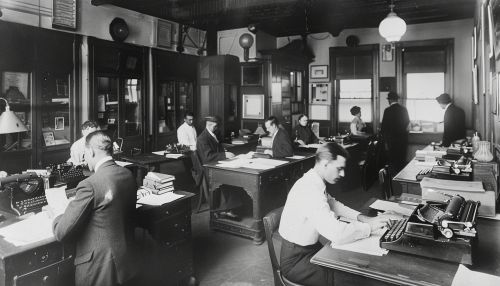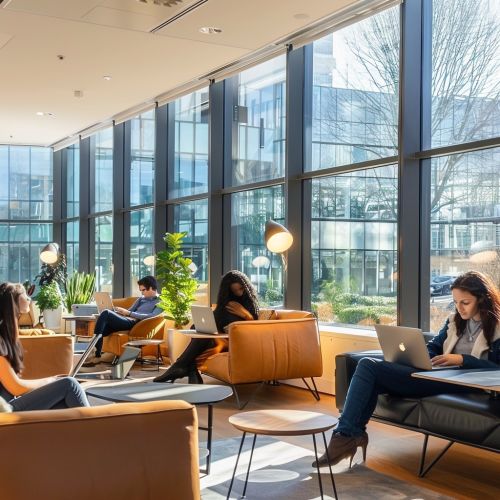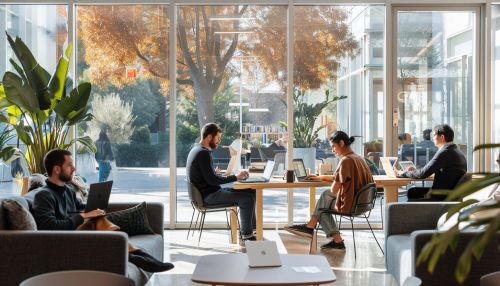Evolving Employee Expectations
Introduction
Employee expectations have evolved significantly over the years, influenced by socio-economic changes, technological advancements, and shifts in workplace culture. This article explores the evolution of employee expectations, focusing on the transformation from traditional to contemporary views on employment and the factors driving these changes.
Historical Perspective
In the early 20th century, employees primarily sought job security and a steady income. The concept of career development was not a significant factor in employee expectations. The primary focus was on survival and meeting basic needs.


Shift in Expectations
Post World War II, the world saw a shift in employee expectations. The rise of the middle class and the expansion of education led to higher aspirations. Employees began to seek more than just a paycheck; they wanted job satisfaction, opportunities for advancement, and a sense of purpose in their work.
Modern Employee Expectations
In the 21st century, employee expectations have evolved further. Today's employees seek a balance between work and personal life, opportunities for continuous learning, a diverse and inclusive workplace, and meaningful work. They also expect their employers to be socially responsible and to provide a safe and healthy work environment.


Factors Influencing the Evolution
Several factors have influenced the evolution of employee expectations. These include technological advancements, changes in societal values, increased focus on employee well-being, and the rise of the gig economy.
Impact on Employers
The evolving employee expectations have significant implications for employers. They need to adapt their policies and practices to meet these expectations, or risk losing talent to competitors who do. This includes offering flexible work arrangements, investing in employee development, promoting diversity and inclusion, and demonstrating corporate social responsibility.
Conclusion
The evolution of employee expectations is a continuous process, influenced by various external and internal factors. Employers need to stay abreast of these changes and adapt accordingly to attract and retain talent.
